André Happe
UR1
Discriminant chronicles mining: Application to care pathways analytics
Sep 11, 2017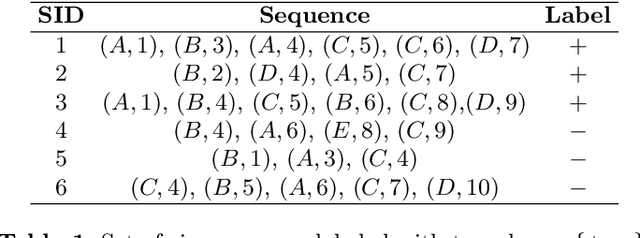

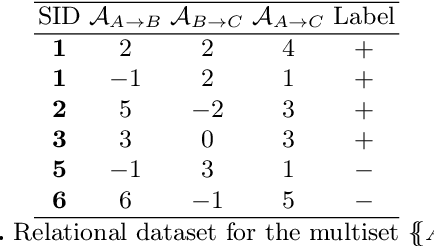

Abstract:Pharmaco-epidemiology (PE) is the study of uses and effects of drugs in well defined populations. As medico-administrative databases cover a large part of the population, they have become very interesting to carry PE studies. Such databases provide longitudinal care pathways in real condition containing timestamped care events, especially drug deliveries. Temporal pattern mining becomes a strategic choice to gain valuable insights about drug uses. In this paper we propose DCM, a new discriminant temporal pattern mining algorithm. It extracts chronicle patterns that occur more in a studied population than in a control population. We present results on the identification of possible associations between hospitalizations for seizure and anti-epileptic drug switches in care pathway of epileptic patients.
Declarative Sequential Pattern Mining of Care Pathways
Jul 26, 2017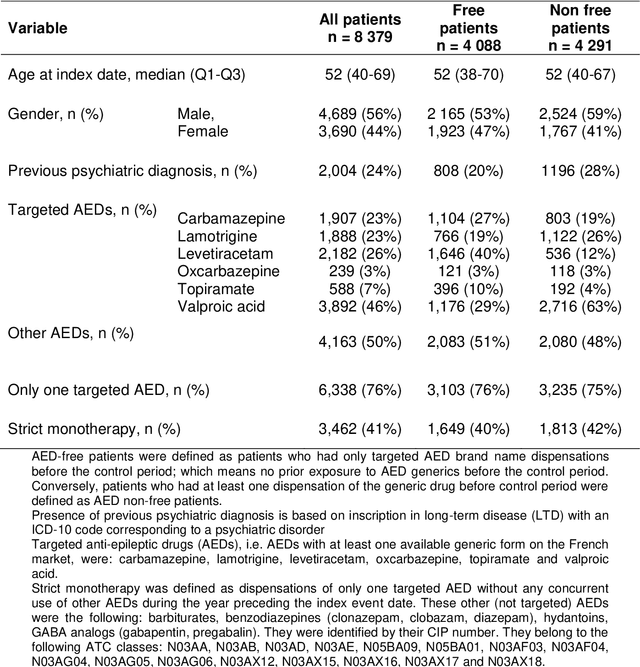
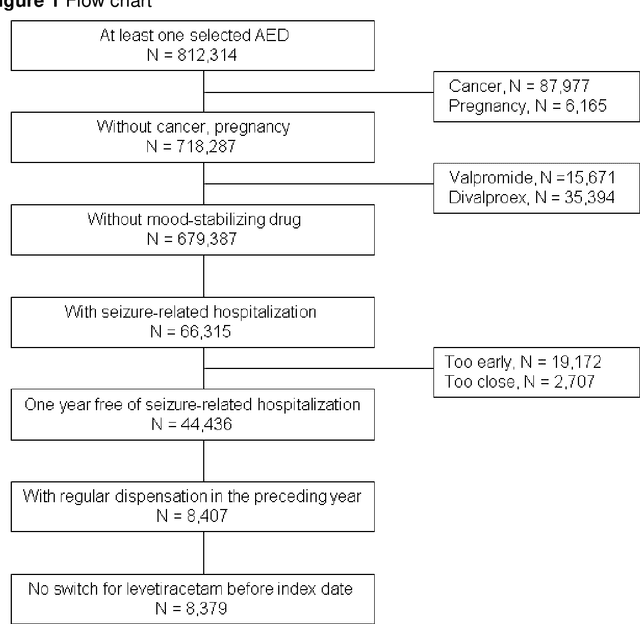

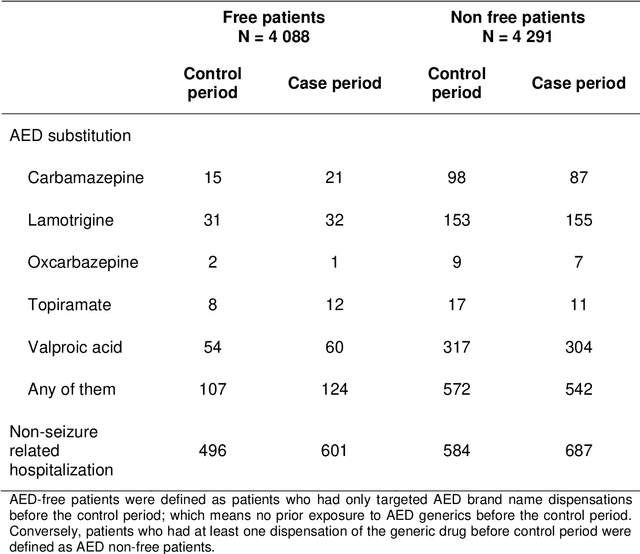
Abstract:Sequential pattern mining algorithms are widely used to explore care pathways database, but they generate a deluge of patterns, mostly redundant or useless. Clinicians need tools to express complex mining queries in order to generate less but more significant patterns. These algorithms are not versatile enough to answer complex clinician queries. This article proposes to apply a declarative pattern mining approach based on Answer Set Programming paradigm. It is exemplified by a pharmaco-epidemiological study investigating the possible association between hospitalization for seizure and antiepileptic drug switch from a french medico-administrative database.
 Add to Chrome
Add to Chrome Add to Firefox
Add to Firefox Add to Edge
Add to Edge